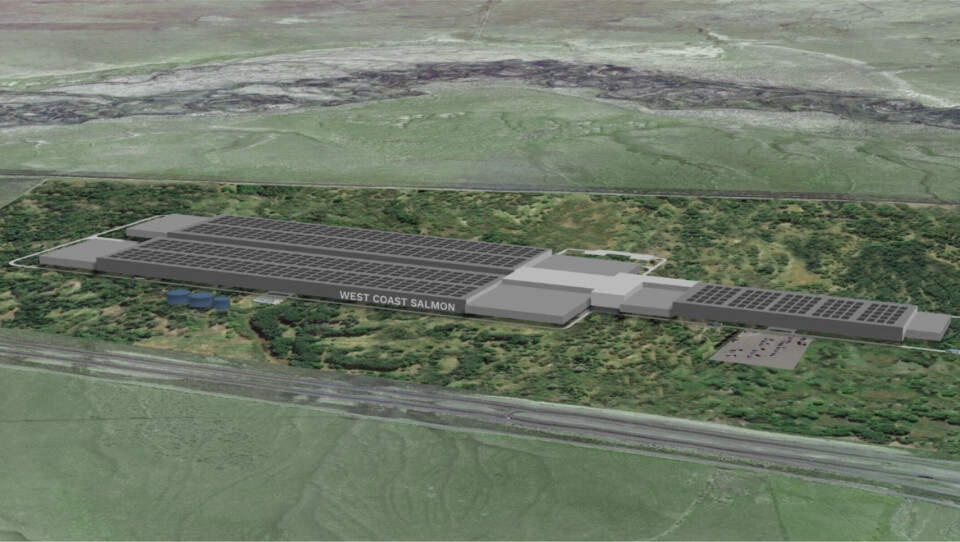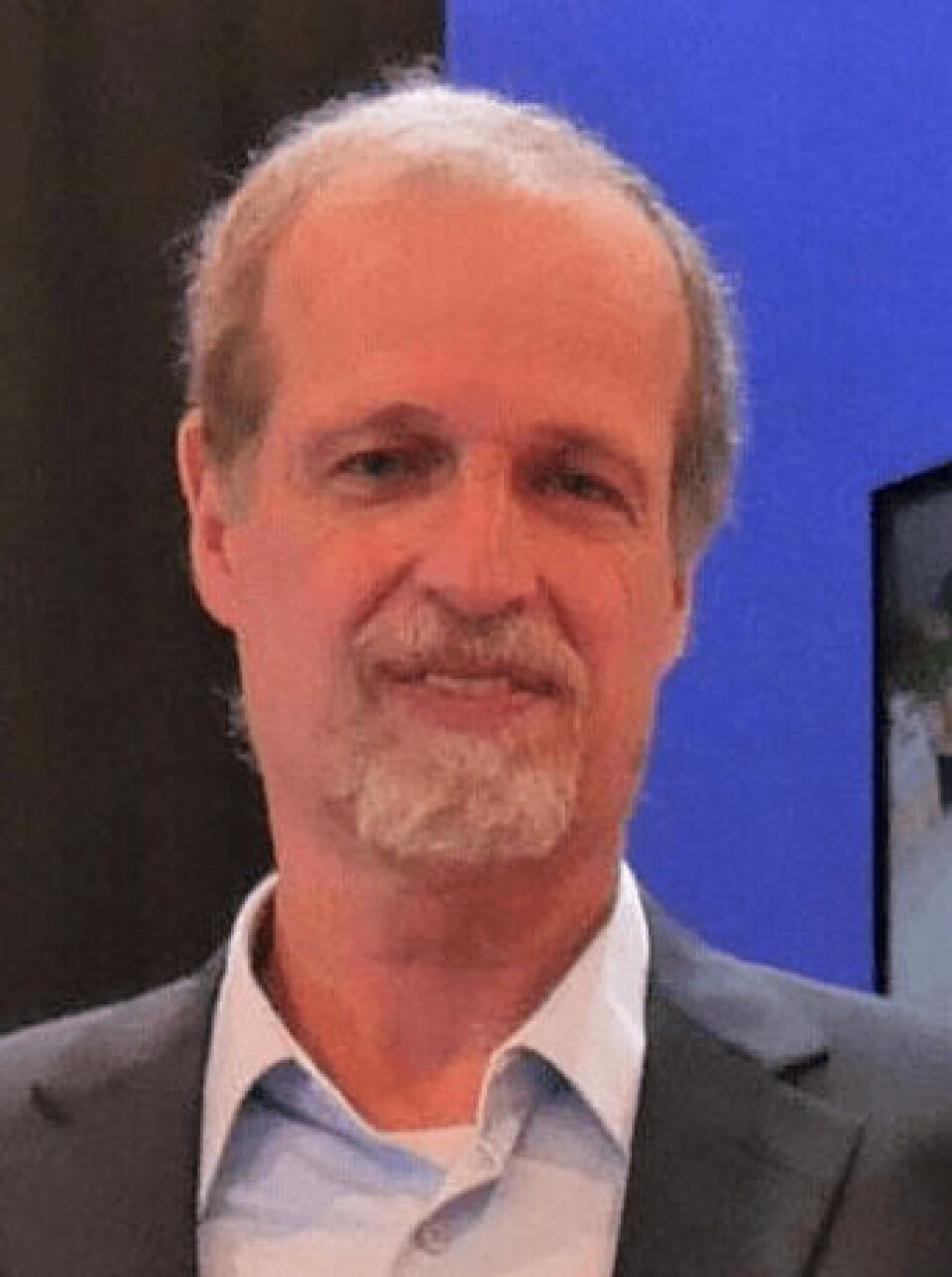
AquaMaof adds another US salmon project to order book
Recirculating aquaculture systems expert AquaMaof has increased the capacity of the on-land fish farming it is developing worldwide to more than 75,000 tonnes after being chosen to provide its RAS technology for a planned land-based salmon farm in Reno, Nevada.
The facility’s developer, Norwegian-based West Coast Salmon AS, revealed it had chosen AquaMaof to deliver RAS technology after it closed first stage equity financing for the project.
West Coast Salmon is chaired by Hallvard Muri, a former chief executive of aquaculture industry supplier AKVA group.
Backed by Nutreco
Lead investors are New York-based Bregal Partners and feed manufacturer Nutreco, which owns Skretting. AquaMaof, which has a policy of taking a stake in the projects it delivers, has also invested.
The first phase of the project will deliver 12,600 tonnes HOG (head on gutted) production capacity from the second half of 2024. West Coast Salmon plans a staged expansion to eventually produce 50,000 tonnes annually.

Self-sufficiency
“We are extremely honoured to take part in this innovative project and to support the West Coast Salmon team and investors, on their mission to supply the local market with fresh, clean, healthy, and sustainably-produced salmon,” said David Hazut, chief executive of Israel-headquartered AquaMaof.
“Today, more than ever, it has become extremely important to maintain a clean, bio-secured, disease-free environment in seafood production, as well as enabling self-sufficiency in a time of disrupted food production and supply chain.
“This is enabled by producing fish on land, in a closed fully controlled environment, utilising our RAS technology.”
AquaMaof’s current projects, which are mostly salmon farms, include a facility to produce seven million smolts for Grieg NL in Marystown, Atlantic Canada, Pure Salmon projects in Japan (10K), France (10K), and on the east coast of the United States (20K), the Proximar project in Japan (5K), an Atlantic salmon project in Germany (5K), and a salmon project in Vologda, Russia (2.5K).






















































